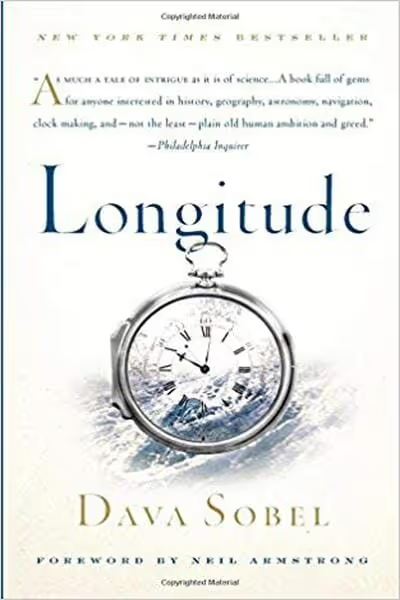The Earth's Biosphere
A comprehensive overview of Earth's biosphere, written with scientific rigor and essay-like flair.
In his latest book, Vaclav Smil tells the story of the Earth's biosphere from its origins to its near and long-term future. He explains the workings of its parts and what is known about their interactions. With essay-like flair, he examines the biosphere's physics, chemistry, biology, geology, oceanography, energy, climatology, and ecology, as well as the changes caused by human activity. He provides both the basics of the story and surprising asides illustrating critical but often neglected aspects of biospheric complexity.
Smil begins with a history of the modern idea of the biosphere, focusing on the development of the concept by Russian scientist Vladimir Vernadsky. He explores the probability of life elsewhere in the universe, life's evolution and metabolism, and the biosphere's extent, mass, productivity, and grand-scale organization. Smil offers fresh approaches to such well-known phenomena as solar radiation and plate tectonics and introduces lesser-known topics such as the quarter-power scaling of animal and plant metabolism across body sizes and metabolic pathways. He also examines two sets of fundamental relationships that have profoundly influenced the evolution of life and the persistence of the biosphere: symbiosis and the role of life's complexity as a determinant of biomass productivity and resilience. And he voices concern about the future course of human-caused global environmental change, which could compromise the biosphere's integrity and threaten the survival of modern civilization.






















































